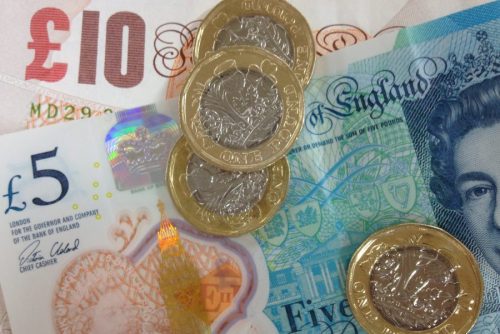Interest rates cut to historic low

The Bank of England has cut interest rates for the second time in eight days, reducing the rate to its lowest-ever level.
The move comes as the UK economy braces itself for the impact of coronavirus, which is expected to cause significant damage to the finances of businesses and individuals.
The Bank has reduced the rate from 0.25% to 0.1%. It has also increased quantitative easing by £200bn.
Already many businesses have implemented job cuts and salary reductions, and warned rent, rates and tax bills would go unpaid.
Airlines, hospitality and leisure operators, and non-food retailers are among those whose revenues have collapsed since the start of the month.
In a statement, it said: “The spread of Covid-19 and the measures being taken to contain the virus will result in an economic shock that could be sharp and large, but should be temporary. The role of the Bank of England is to help to meet the needs of UK businesses and households in dealing with the associated economic disruption.”
The actions by the Bank follow the rate cut from 0.75% to 0.25% announced last week, hours before Chancellor Rishi Sunak’s Budget set out the Government’s measures to support UK businesses and households through the problems coronavirus had been forecast to bring.
However the severity of the economic impact now expected is worsening on a daily, almost hourly, basis.
Sunak announced a £350bn package on Tuesday night to support businesses and further measures are expected.
The FTSE 100 had fallen 25% in March, but bounced back 3% in an hour’s trading either side of the official announcement from the Bank of England.
The pound also improved against the dollar. It was up two cents to $1.17 by 3pm, recovering some of the ground lost yesterday when sterling suffered its fifth-worst day of the century against the dollar.
Kevin Doran, chief investment officer at Manchester investment platform AJ Bell, said: “Once again we’re seeing central bankers using the playbook from the last financial crisis.
“Overnight we saw the ECB roll out the QE cannons and, now in an effort to be seen doing ‘something’, the Bank of England have waded in with an emergency rate cut.
“It’s the solutions of yesteryear when liquidity and credit were the problems. This time it truly is different – with a workforce on lockdown, there’s a production chasm about to open up.
“To fill the gap policy makers need to be working with Governments to introduce formal debt relief.
“Not forbearance, not interest holidays, but genuine relief from servicing debts as the world enters its enforced hibernation.”








